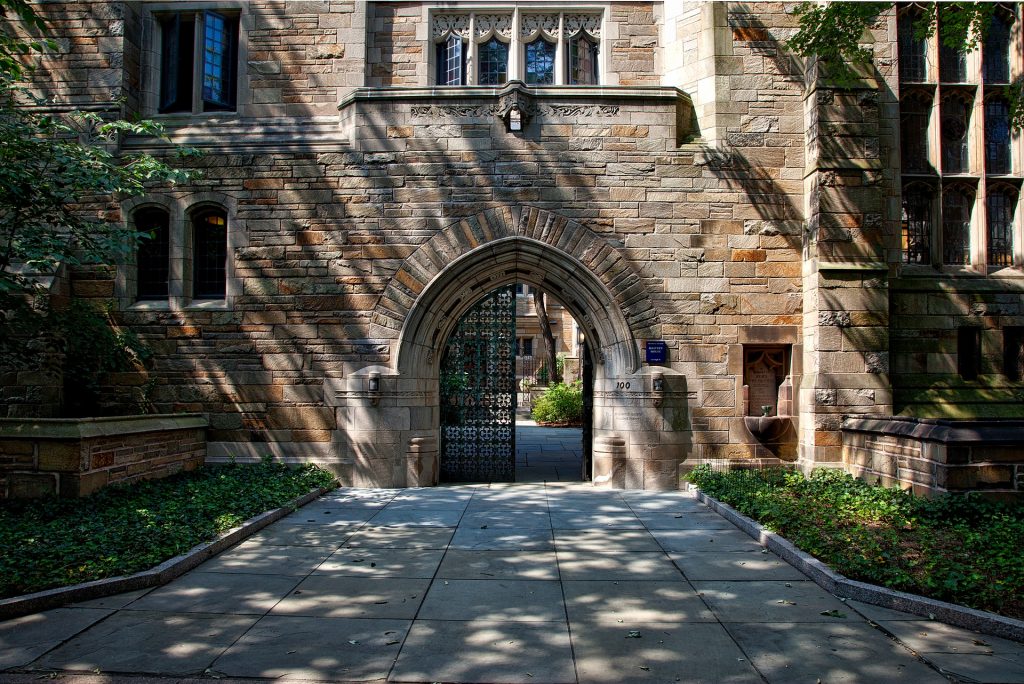How to Play The Long Game

I am once again reposting this blog from Senior Assistant Director of Admission at Georgia Tech, Katie Mattli. If you think GT might be on your list, or even if it is not, this is a fun blog to read, and more important than it being fun (and often funny), they keep it very real. Real is something many college applicants—and their parents—lose sight of during this process. If you ever feel yourself veering off the path of real, head the Georgia Tech admissions blog.
Read the original post here, or below:
I like quirky historical novelties and the Livermore Light Bulb, or known to its friends as the Centennial Bulb, is one of my favorites. Never heard of it? Let me explain. Yes, there is indeed a light bulb in Livermore, California so famous it has a name and actual caretakers. Why? Because the Livermore Light Bulb has been softly glowing in the Pleasanton Fire Department for 117 years! In fact, it just had a birthday in June. The Centennial Bulb has a website, a festival, a children’s book, and –this is my favorite part – its own Bulb Cam. You can literally watch a light bulb glow in real-time, which I find humorously whimsical.
What does a light bulb have to do with college admission? A few things actually.
Don’t second guess your interests.
I mean it. Live them loud and proud. I’m writing about a light bulb I like and you are still here, so that proves authenticity is interesting. The applicants who get my attention in the admission process are those who, for lack of a better phrase, really like stuff. All kinds of stuff. They hear about a cause, read about a historical event, or learn about a theory and they dive in for the pure pleasure of learning more about it. You can sense joy in their application—joy in sharing something that really engages them. Students always ask, “How can I make my application stand out?” Follow your true-North passions and your application will naturally have a strong voice in the crowd.
Care Instructions
The Centennial has been glowing for so long because no one remembered to turn it off – for a long time. It turns out that switching lights on and off all the time actually reduces their shelf life. It makes me wonder how often we, students and adults alike, take stock of what is healthy for us. We don’t have care instructions attached to our lives, but if asked we could probably name the basics. We are the opposite of lightbulbs. We can, and should, turn off to recharge. You should sleep. You should eat. You should spend time with friends. Do you live by your calendar? Then put your self-care appointments on the docket with reminders such as “lunch,” “snack,” “aspirational bedtime,” and “breathing room/free time.” A healthy student will thrive in high school and in college. I haven’t made any clichéd references to lightbulbs and burn out here, but you get the picture. Don’t get so caught up in the everyday noise that you forget to be healthy.
Who is on your maintenance team?
The Centennial Lightbulb has three different organizations devoted to keeping that little four-watt light bulb softly glowing. Before you start the college admission process, take stock of who is in your corner. Who are the folks in your inner circle? Choose carefully. Do they see your value? Do they give you honest feedback? Do they encourage you? Do they keep you anchored? The vast majority of students headed to college had help along the way. Family members are not the only people who hopefully have your back. Don’t forget you can create a supportive network staring with a favorite teacher, a retired neighbor, a high school guidance counselor, your coach, a friend who graduated last year. Reach out, ask for some time, make an appointment, start a conversation. It takes a village.
Keep your eye on the long game.
Physicists have studied the Centennial and have discovered its filament is thicker than today’s commercial lightbulbs. It is made of sterner stuff. The college admission process can rattle highschool students. I think students believe they are focusing on their future (hence the anxiety), but I think they have lost sight of the long game. After years of watching students and their families navigate applying to college, here are my thoughts on the admission long game and students who are made of “sterner stuff”:
- Finding a good fit is the ultimate goal. Your best-fit school may not be your best friend’s best-fit school. Get comfortable with that. Put institutions on your list where you will thrive. That is the long game.
- Ignore the myth of “the one.” A college will not be the making of you but your decisions in college will. That is the long game.
- Be happy for others. Time will prove to you that what feels like a competition now dissipates with age. If your buddy gets that coveted acceptance or the Val or Sal spot, cheer for them. It shows character and you will be happier for it. That is the long game.
- Enjoy senior year. This is your last homecoming, last high school debate competition, last playoff, senior night… Enjoy them! That is the long game.
*Stay in the know! Subscribe*

